Welcome, aspiring heroes, to the magical realm of Call of Dragons! Whether you’re a seasoned gamer or just stepping into this vibrant world, this guide aims to provide everything you need to get started. From character creation to understanding complex mechanics, you’ll find everything you need right here. Let’s embark on this journey and conquer the challenges that lie ahead!
1. Getting Started
Creating Your Character
The first step in your journey is creating your character. This is not just about choosing a hero; it’s about crafting a persona that you will nurture throughout your gameplay.
- Select Your Hero Class: The game offers several classes, each with unique skills and attributes. Take your time to explore each option:
- Warriors: Known for their high defense and melee capabilities, warriors are perfect for players who enjoy getting up close and personal with enemies.
- Mages: If you prefer dealing damage from a distance, mages are your go-to choice. They wield powerful spells that can devastate foes.
- Rogues: With their agility and stealth, rogues can deal significant damage while avoiding enemy attacks, making them ideal for strategic players.
- Customize Your Appearance: Personalization is a key part of the experience. Choose your hero’s physical features—such as hair color, face shape, and armor style—to create a character that represents you.
- Name Your Hero: Give your character a name that reflects your style. A creative name can enhance your gaming experience and make your journey more personal.
Understanding the Game Interface
Once you’ve created your character, familiarize yourself with the game interface. A clear understanding will make your gameplay smoother and more enjoyable:
- Main Screen: This is your battlefield and adventure hub. Your character, the surrounding environment, and various interactive elements will be displayed here. Familiarize yourself with the layout to navigate effectively.
- Health and Mana Bars: Located at the top of the screen, these bars indicate your character’s current health and mana. Your health determines how much damage you can take, while mana is needed to cast spells. Keep an eye on these during battles.
- Mini-Map: Your trusty companion, the mini-map, shows your location, nearby points of interest, and quest objectives. Learn to use it effectively to navigate the vast world.
- Menu Options: Access your inventory, hero management, crafting, and settings through the menu. Understanding how to navigate these options early on will save you time later.
- Notifications and Alerts: Pay attention to notifications that pop up during gameplay. These often provide important information about events, quests, or challenges.
2. Basic Gameplay Mechanics
Exploration and Movement
Exploration is one of the most exciting aspects of Call of Dragons. The world is filled with mysteries, resources, and hidden treasures just waiting to be discovered:
- Moving Around: Use the virtual joystick or touch controls to navigate. You can also click on the screen to set your destination, allowing your character to run automatically.
- Interacting with the Environment: Interaction is key in Call of Dragons. Approach NPCs to receive quests or gather information. Tap on resources like plants and ore to collect them.
- Fast Travel: Once you unlock specific locations, use fast travel to quickly navigate. This feature can save you time, especially when you need to return to towns or safe zones.
- Environmental Hazards: As you explore, be aware of environmental hazards like traps or enemy patrols. Stay vigilant and strategize your movements to avoid unnecessary confrontations.
Combat System Overview
The combat system in Call of Dragons is dynamic and engaging. Understanding the mechanics will give you an advantage:
- Engaging Enemies: Tap on an enemy to initiate combat. Your character will automatically attack, but you’ll need to control your movements and abilities to succeed.
- Using Abilities: Each hero possesses unique abilities that can be activated during battles. Familiarize yourself with your hero’s skills and use them strategically for maximum impact.
- Example: A warrior may have a powerful area-of-effect attack that can clear out multiple weaker enemies, while a mage might have a crowd control spell that stuns opponents.
- Dodging and Blocking: Learn to dodge enemy attacks. Timing is critical; a well-timed dodge can mean the difference between life and death. Additionally, some heroes have the ability to block attacks, mitigating damage.
- Team Combat: Once you unlock multiplayer features, you can team up with friends. Communication and coordination are key. Share roles—let the tank absorb damage while the damage dealers attack from a distance.
- Enemy Types: Different enemies have unique attack patterns and weaknesses. Spend some time observing them to develop effective strategies for each type.
3. Heroes and Factions
Choosing Your Heroes
Heroes are the backbone of your gameplay in Call of Dragons. Making the right choices can significantly impact your success:
- Understanding Their Abilities: Each hero has a distinct set of abilities. Familiarize yourself with these abilities to maximize their potential.
- For instance: If you have a healing hero, prioritize keeping them alive so they can support the team.
- Leveling Up: As you gain experience points (XP), your heroes will level up. Focus on leveling heroes that fit your team composition. A balanced team often outperforms one with multiple heroes of the same type.
- Hero Roles: Understanding the roles of your heroes is crucial. Here are the primary roles:
- Tank: Absorbs damage for the team and protects weaker heroes.
- Damage Dealer: Focuses on dealing damage to enemies.
- Support: Provides healing or buffs to teammates.
- Hero Synergy: Certain heroes work better together due to their complementary abilities. For example, pairing a tank with a damage dealer who can capitalize on enemy weaknesses can lead to powerful combos.
Understanding Factions
Factions are another critical aspect of Call of Dragons. Each faction offers unique bonuses and storytelling elements:
- Faction Overview: Research the factions available in the game. Each faction has its strengths and weaknesses, affecting gameplay and strategy.
- For example: A faction may offer increased resource gathering speed, while another provides bonuses to combat.
- Joining a Faction: You’ll eventually have the opportunity to join a faction. This will provide additional quests, rewards, and a community to engage with.
- Faction Events: Participating in faction-specific events can yield unique rewards and enhance your gameplay experience. Stay active in your faction to reap the benefits.
4. Resources and Crafting
Gathering Resources
Resources are crucial for crafting, upgrading gear, and enhancing your heroes. Here’s how to gather them effectively:
- Resource Nodes: Throughout the world, you’ll find nodes for gathering resources. Common resources include wood, stone, and ores. Approach these nodes and tap to collect materials.
- Combat for Resources: Sometimes, resource nodes are guarded by enemies. Be prepared to fight to claim valuable materials. Utilize your skills to defeat enemies efficiently.
- Daily Quests: Completing daily quests often rewards you with additional resources. Make it a habit to check these daily for easy loot and experience points.
- Trading and Markets: As you progress, you’ll unlock the ability to trade resources. Keep an eye on the market for valuable items that can aid your adventure.
Crafting and Upgrading Gear
Crafting is a vital mechanic in Call of Dragons that allows you to create and improve equipment:
- Access the Crafting Menu: You can access this through the main interface. Here, you’ll find recipes for various items, ranging from weapons to armor.
- Collecting Crafting Materials: Each recipe requires specific materials. Gather these by exploring the world, completing quests, and defeating enemies.
- Upgrading Gear: As you progress in the game, you’ll have the option to upgrade your gear. Higher-tier gear provides better stats and abilities, essential for tackling tougher challenges.
- Enchanting and Enhancements: Look for opportunities to enchant your gear, adding unique effects that can turn the tide in battle.
5. Quests and Events
Types of Quests
Quests are the backbone of Call of Dragons, guiding you through the story and providing essential rewards:
- Main Quests: These quests are central to the storyline. Completing them unlocks new areas and features, expanding your gameplay experience.
- Side Quests: While not mandatory, side quests often provide additional lore, character development, and resources. They are an excellent way to level up and explore the world.
- Daily and Weekly Quests: These quests offer rotating objectives. Completing them can yield valuable rewards. Make a habit of checking and completing these regularly.
- Challenge Quests: Some quests test your skills and may have specific conditions. These are often more difficult but provide substantial rewards upon completion.
Participating in Events
In-game events can offer exciting challenges and unique rewards:
- Seasonal Events: Look for seasonal events that introduce limited-time challenges. These often come with exclusive rewards that cannot be obtained elsewhere.
- Community Events: Join community-driven events where players work together to achieve common goals. These events can yield unique rewards and foster a sense of camaraderie.
- Competitions and Tournaments: Some events involve competitive elements, allowing players to test their skills against one another for prizes.
6. Tips for New Players
As you embark on your adventure in Call of Dragons, consider these essential tips:
- Take Your Time: Don’t rush through the game. Explore the rich world, interact with NPCs, and enjoy the storytelling.
- Experiment with Heroes: Try different heroes and playstyles to discover what suits you best. Don’t hesitate to switch it up based on your team’s needs.
- Join a Community: Engaging with the community through forums or social media can provide valuable insights and strategies from experienced players.
- Stay Updated: Keep an eye on game updates, patch notes, and events. Developers often introduce new content that can enhance your experience.
- Don’t Overlook the Tutorial: The tutorial exists to help you understand gameplay mechanics. Pay attention to it for essential tips.
- Save Resources: Be mindful of how you use your resources. It’s better to save them for crafting or upgrading essential items later.
- Learn from Defeat: Don’t be discouraged by losses. Every defeat offers valuable lessons. Analyze what went wrong and adjust your strategy for next time.
7. Conclusion
Congratulations, brave adventurer! You are now equipped with the knowledge needed to embark on your journey in Call of Dragons. From understanding gameplay mechanics to effectively managing resources, this guide serves as a solid foundation for your adventure.
Remember, the world of Call of Dragons is filled with challenges, mysteries, and opportunities for greatness. Embrace the journey, connect with other players, and forge your path as a legendary hero. Your adventure awaits!
Final Thoughts
With this guide, you should be well on your way to becoming a formidable player in Call of Dragons. The game offers depth, strategy, and community engagement. Dive in, explore, and enjoy everything this magical world has to offer. Happy adventuring!
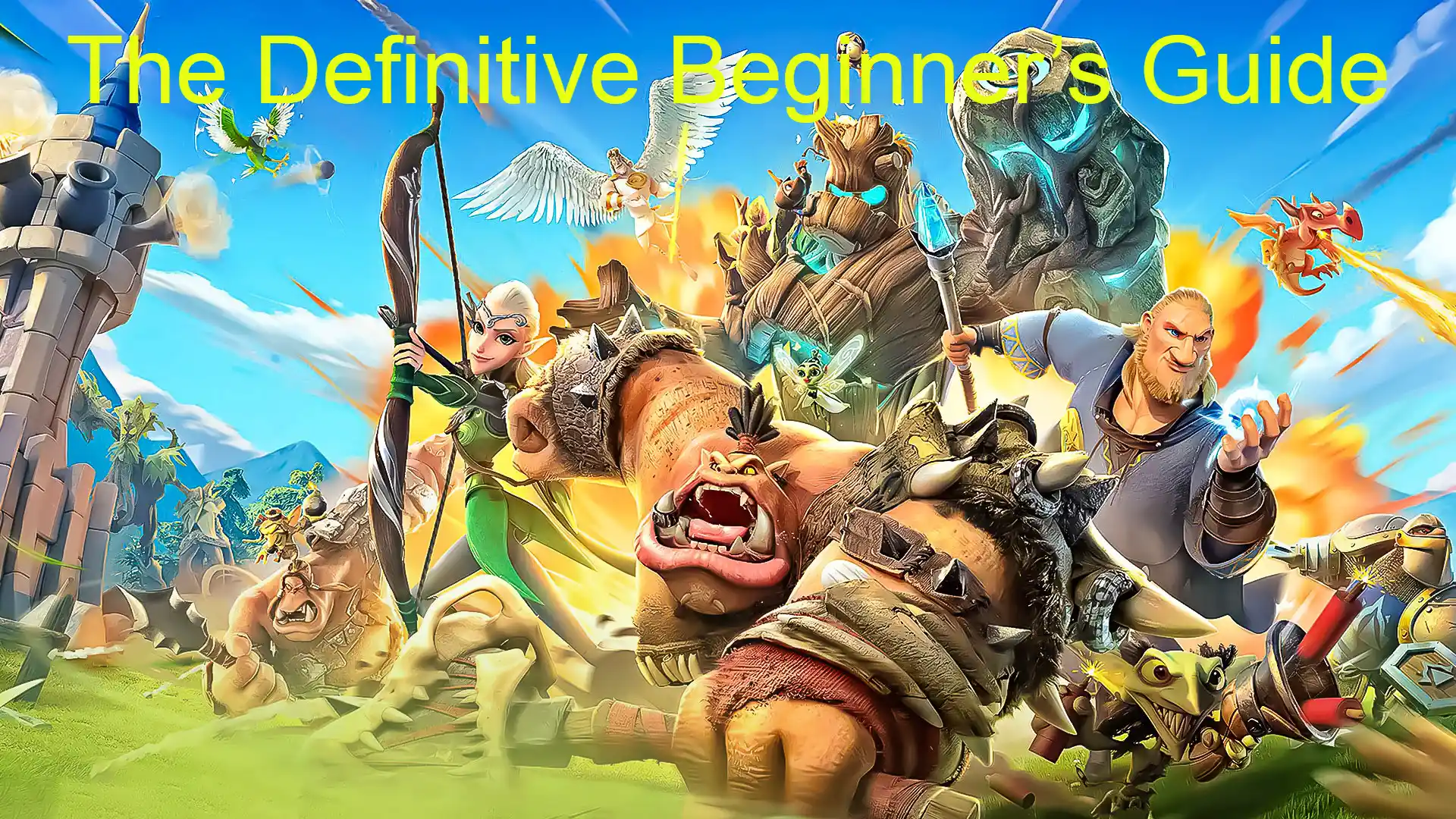
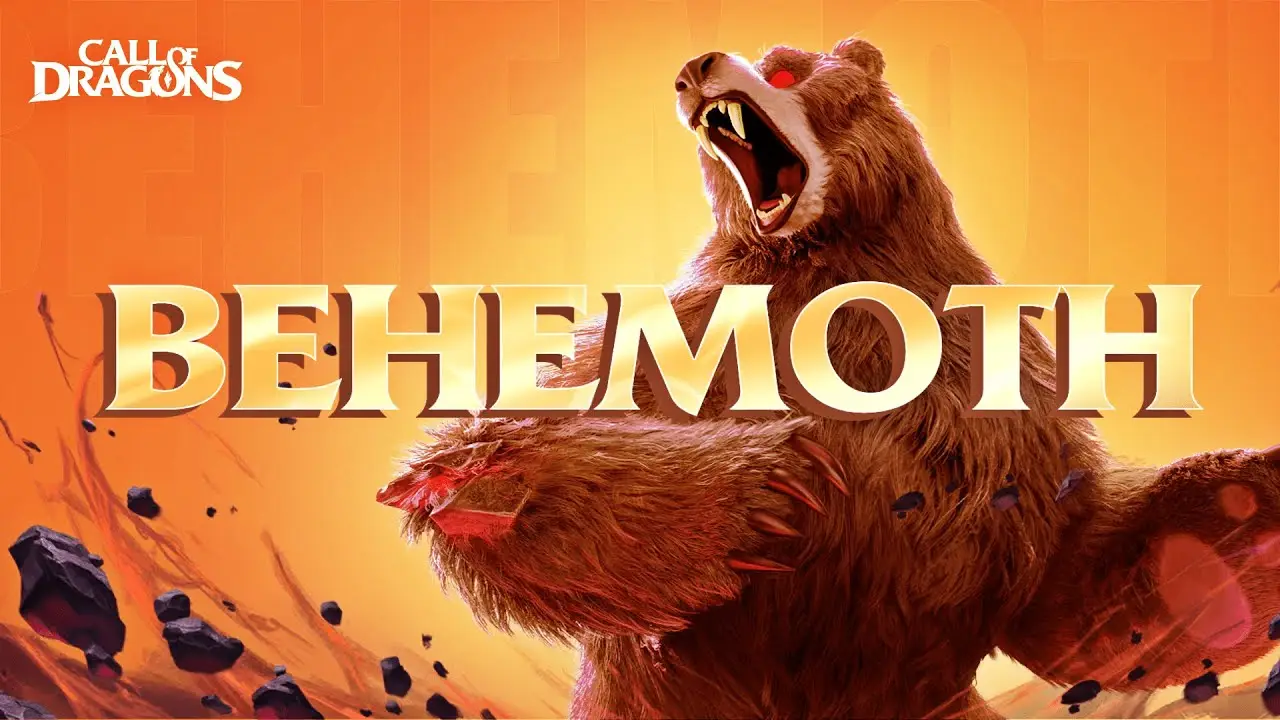
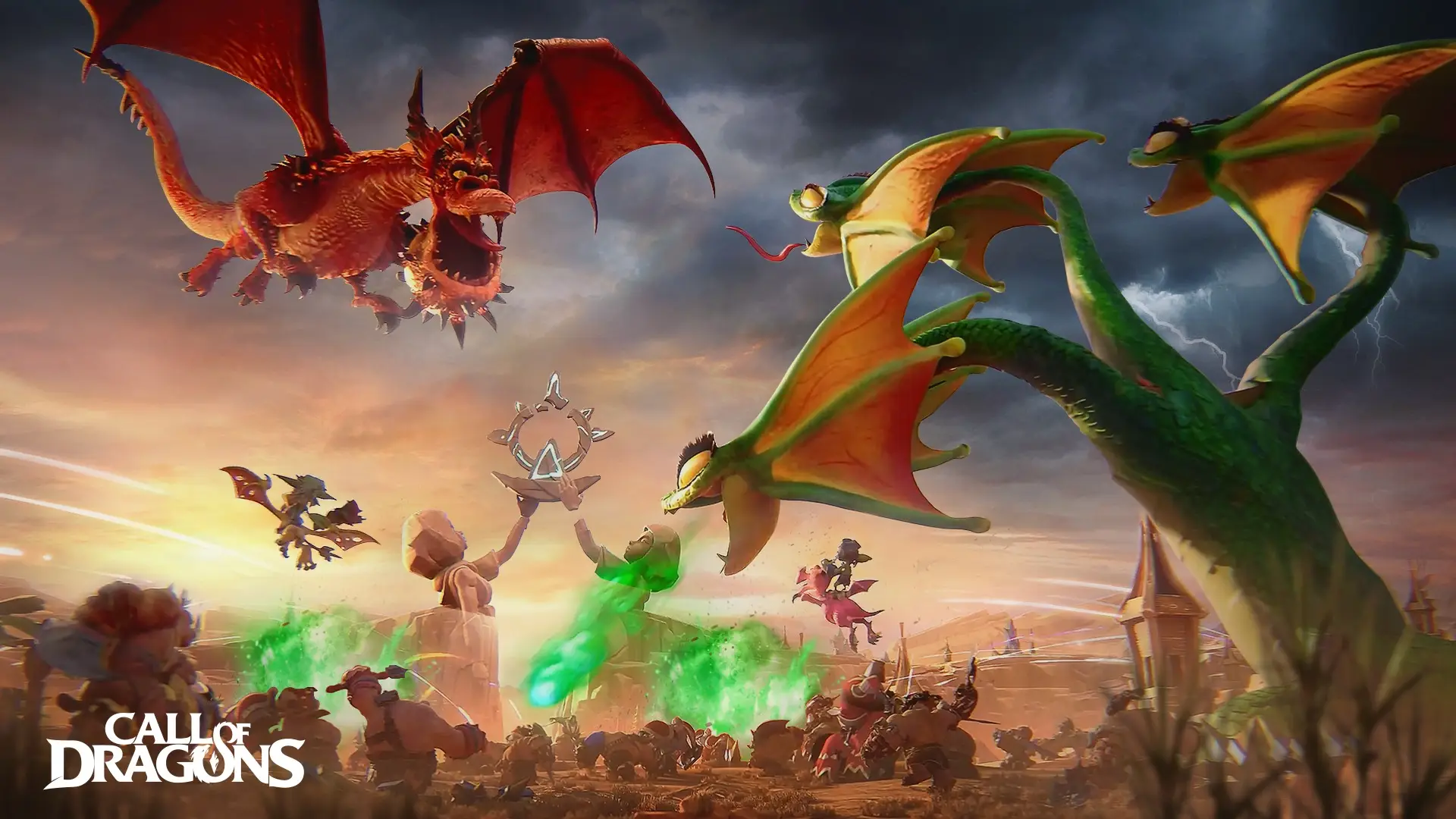
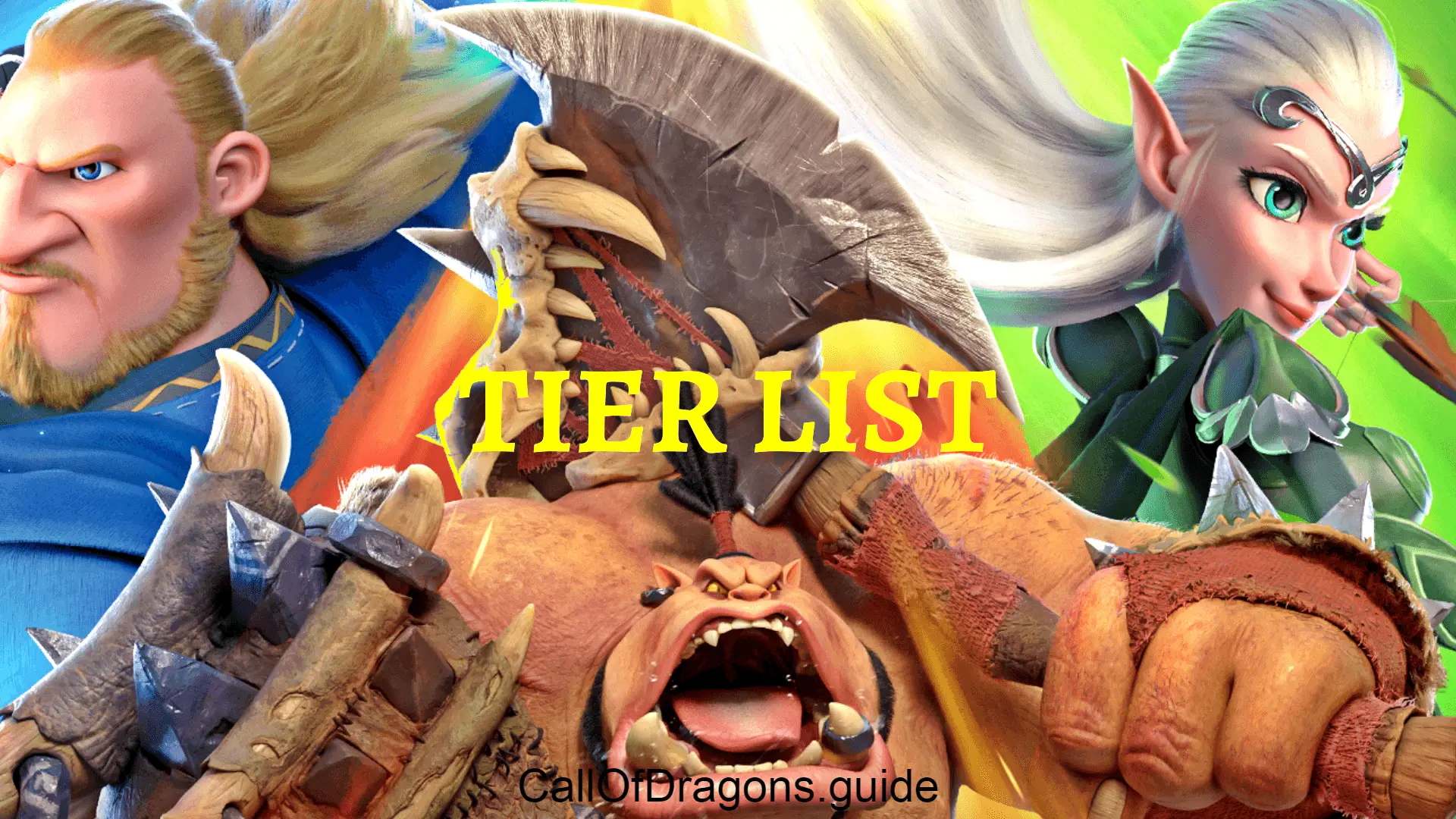
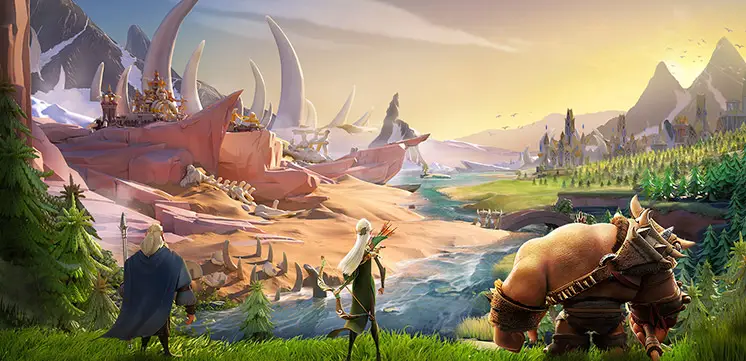
Leave a Reply